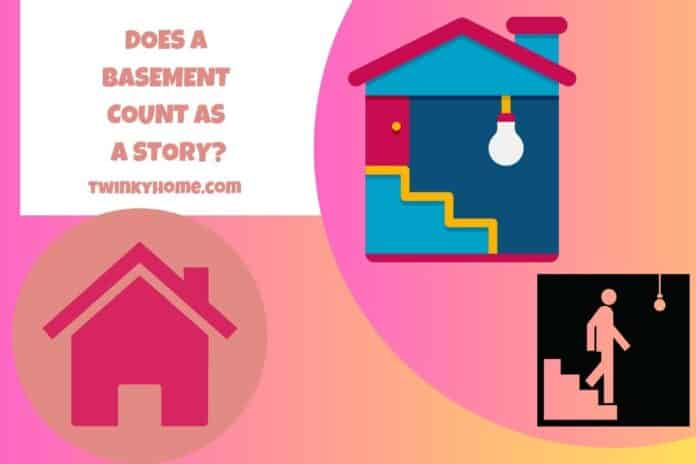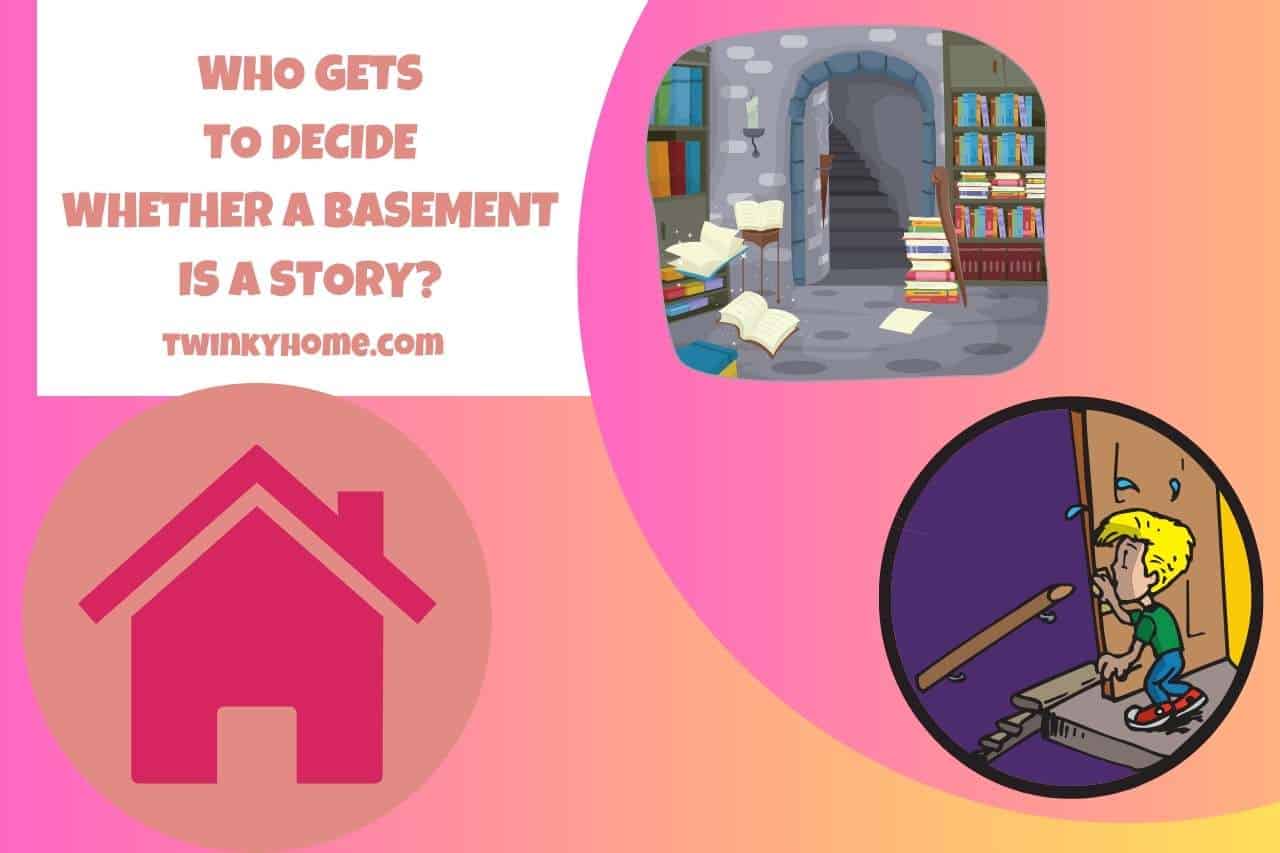People travel the whole world daily in pursuit of better opportunities. Knowing what constitutes a tale can enable you to navigate numerous negotiation snags. Does a basement count as a story? When considering whether to tell the basement in the tale, there are many things to think about, and it is difficult to characterize the problem precisely. No matter whether a cellar qualifies as a narrative, this article will tell you all you need to understand.
What Qualifies as a Two-Story Home?
A two-story home typically has two complete stories above the ground. This method is straightforward.
A complete floor is one that has walls that are at least eight feet tall across the whole level. This indicates that the following level isn’t a whole floor if it’s got slanted walls similar to your attic, which utilizes the roof for walls. As a result, it might also be referred to as a half-narrative.
Consequently, a two-story home has distinct characteristics that you cannot overlook if you examine it.
The concept of a two-story home becomes more complicated, though, when factors like the lower floor having its own level are taken into account. Because there are better names for their ears, it might be ideal to employ this in order to indicate how many stories a home has.
Does a Basement Count as a Story?
Whenever listing a property, appraisers frequently exclude the basement from the number of stories. A few situations constitute an exception to the norm.
Each basement counts as a level as long as it is able to be transformed into a habitable space, such as a room for living, maybe an extra bedroom, or perhaps an entertainment area. Many individuals do so to raise the worth of their properties by converting their cellars.
Some assessors could classify your property as having a story if it is constructed into the slope of a hill as well as if the lower level is over fifty percent exposed, having its own door. However, this is unusual.
Furthermore, if your crawl space is higher than 50% above the grade or curbs straight, it could also count as a story in some places. No matter how high above the surface your basement might rise, nearly all realtors, as well as assessors, concur that they cannot classify it as an upper level when it is not completed or otherwise considered a habitable space.
What Criteria Determine If a Basement Counts As a Story?
It is Higher than Halfway Up
There are certain basements that are not built entirely underground. A few meters beneath the surface of the Earth is the maximum depth of certain basements. A basement stands more likely to be regarded as a story if it is less than halfway beneath the ground.
We’re Walking Out
Homes constructed into hillsides are quite popular for having walk-out cellars. Although the majority of this basement is officially underground, there’s a minimum of one wall that has an exterior entrance.
It’s Completed
All the modern conveniences found in the primary living space are included in a completed basement. The walls and roofs are finished with plasterboard or another material.
The area ought to be similarly heated as well as cooled to the levels above. A completed basement may be used as an office in the house, a kitchen in the basement, a play area, an additional family space, or even a personal gym.
It is a Habitable Area
A cellar must be completely completed and have sufficient heating, cooling, water supply, and electrical wiring in order to be considered usable space. There must be an external exit or egress from the basement as well.
How are Basements Viewed as Floors in Other Nations?
The North American system, used, for instance, in the USA, Japan, Russia, as well as many other nations, considers the basement to be the first level, with the second floor immediately above it, and so on. However, you could occasionally refer to the basement simply as B1 instead of the first level or story.
According to a different system used by a lot of European nations, basements, as well as other basement floors, do not have the same designation as the top level but rather are given letters like B, meaning Basement, or G meaning Groundfloor.
There is controversy about whether or not basements should qualify as the main floor, but should there is one, it can raise the value of your home. In general, many people don’t believe basements constitute the first floor, while others do.
Who Gets to Decide Whether a Basement is a Story?
Whether or not a cellar is considered a separate story depends on the real estate appraiser. The objective of an assessor is to arrive at a fair estimate of a property’s value.
The valuations of properties close by serve as the foundation for many of an appraiser’s computations. Therefore, it’s possible that they will classify your basement as a distinct level if basements in nearby homes are customarily counted as a separate level.
What Features Make a Basement Habitable?
It is important to take into account a number of important elements when deciding how the gross area used for living in a cellar qualifies as livable space.
The basement’s general state, whether it is dry, spotless, and devoid of any evidence of mold growth or water damage, was the first factor to consider. If so, it could be appropriate to use it as a living space.
The design and use of the remaining area are also crucial factors. Did the bedroom over it have openings that let in fresh air and fresh light? Is it simple to enter and depart the home without bothering other residents if there is an independent entrance or exit?
In the end, many ranch-home-specific elements and each circumstance determine what renders a basement habitable.
Why is It Crucial to Understand Whether the Cellar Counts as Part of a Story?
The basement is among a home’s most valuable features. For this reason, if you list the home for sale, they have to constantly be mentioned in the property description. A rush of disputes over the cellar among purchasers and sellers might result from this, too.
The placement of the basement—above or below ground—affects the market value of the home, making it the most crucial issue to take into account. The lower level of your home is a usable space regardless of how you classify it.
If you think you should classify it as an extra story, nevertheless, you must be aware that it can impact the selling value and tax assessment of your house.
Watch this video,
Video Credits – Doing Whatever
Discover More: Related Articles You Can’t Miss








![OGX Biotin And Collagen Shampoo Review [Updated One] Ogx Biotin And Collagen Shampoo Review](https://twinkyhome.com/wp-content/uploads/2022/03/Are-chicken-Super-Noodles-vegetarian-1-100x70.jpg)